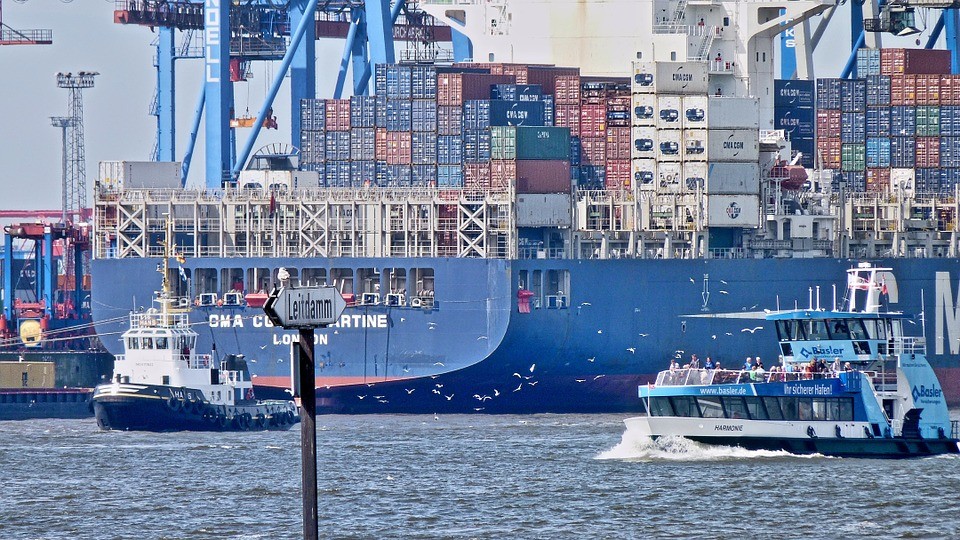The Importer Security Filing (ISF filing) applies to all incoming cargo to the United States by Ocean Vessel. ISF filing was first introduced in 2009 and officially went into effect late in 2010. ISF was put in place for targeting and security purposes only and does not necessarily effect trade enforcement or admissibility of your cargo however US. Customs and Border Protection (CBP) will compare data filed with your customs entry to assess risk.
What is an ISF?
You should receive your ISF filing as a document detailing specific elements of your shipment such as importer & Vendor contact information. This information must be forwarded to your customs broker for filing with U.S. Customs and Border Protection (CBP). An ISF excel template can be found here.
When do I file ISF?
Timing is critical: The ISF must be filed at least 24 hours in advance of sailing and should be received by your customs broker no later than 72 hours prior in case of holidays or weekends. The sooner you can pass on this information, the better.
Who is responsible for Filing ISF?
Ultimately the importer of record into the United states is responsible for ISF filing, however this generally completed by the appointed customs broker. You can file your own ISF here, but users beware, it can be time consuming.
Why do I have to file an ISF?
No one wants to pay an unnecessary and avoidable expense. Penalties start at $5,000 for failure to file an ISF, $5,000 for late ISF filing, $5,000 for inaccurate ISF filing, $5,000 for an incomplete ISF filing, and $5,000 for failure to withdraw an ISF. The maximum penalty per ISF filing is $10,000.
Best Practices
Use a continuous (Annual) Bond – A Continuous bond is most often enough to cover both the ISF and customs entry bond. Without a continuous bond you will be asked to purchase a separate ISF bond along with your single-entry bond. If filed late using a single-entry bond, you can be asked to put up $5,000.00 in collateral.
Data Elements required for ISF filing
- Seller contact information
- Buyer contact information
- Importer of record number (IRS / Social security number)
- Consignee number (IRS / Social Security Number)
- Manufacturer contact information
- Ship to party contact information
- Country of origin
- HTS Number of each product (minimum 6 digits required)
- Container stuffing location
- Consolidator (stuffer) contact information
- Bill of Lading Number
For More information on ISf filing directly from U.S. Customs & Border protection, click here.






